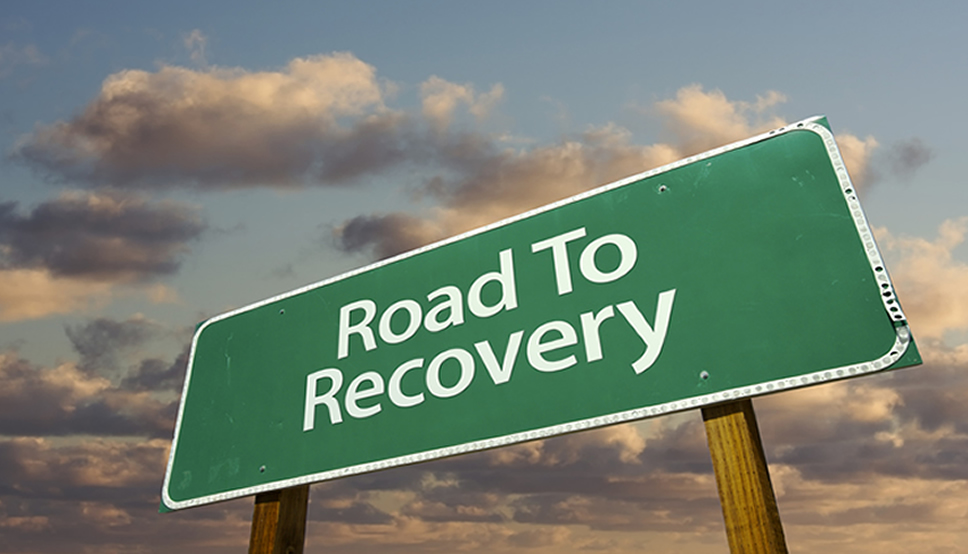Over the course of discussing a drug and alcohol intervention, we were told about an active heroin addict who has bounced from one relationship to another who spoke about how easily she falls in love. Our reaction was swift and simple:
She needs to be told that she should stop using that word in a sentence. She has no idea what it means.
This isn’t unique to addicts and while interventionists don’t have all the answers when it comes to love, people who work with addicts do have a certain perspective when it comes to love. They’ve witnessed some much of it being destroyed.
Whatever your orientation or understanding of love, there is one simple truth: trying to kill yourself isn’t an act of love. It’s an act of violent self-hatred. More than one person has defined addiction as suicide on the installment plan. The reason this is important is because a person who is actively in the process of such destructive self-harm is in no position to do the work necessary to sustain a successful relationship with a partner. For a using addict to try to be in a loving relationship is like a little league baseball player taking batting practice in a china shop. Lots of things are going to get broken. No one should be surprised.
But, addicts and alcoholics who are active in their disease don’t think like this. They are actively seeking out others as a way of filling the void- exactly like the drugs do. The only real difference between using drugs or alcohol and using a person to feel better is that the person can actually have a reaction- hostile or otherwise. Using a person isn’t about love. It’s about addiction in its most self-centered form.
This isn’t the only misdirected form of love that interventionists see in their work. The family members of addicts and alcoholics also become twisted and tied up when it comes to love. The reasons can vary from family to family- so much so that their origins can become less important. What is important is that love misdirected often looks like codependency which can help kill an addict.
One definition of codependency is becoming addicted to helping the addict. It’s really more of a set up complex coping mechanisms that revolve around the low self-esteem of the family member who wraps his or her identity around being the “healthy” one. In fact, his or her identity and sense of well-being depends upon the sick person being sick. It’s even fair to say that codependent behavior is really just misdirected efforts to express love for the addict.
Effective drug and alcohol interventions tend to focus on helping the family begin to not only define the addiction in the family, but also on the misguided ways love is expressed- by enabling self-harm, supporting destructive behaviors or living outside of the truth. Interventions are way more than just getting an individual to treatment. They’re about helping the family system move from the idea of being loving to the actually demonstrating healthy, supportive love. This is a system where everyone experiences the natural consequences of his or her behavior
If you or someone you know is struggling with drug or alcohol addiction, call Pathfinders Interventions at 770.569.3801. For decades now, we’ve worked with thousands of families to help them work toward stopping the cycle of addiction in the family. It’s your turn.
Pathfinders Interventions is a group of interventionists that are based in Atlanta Georgia, but travel all around the state (Augusta, Athens, Macon, etc.) to help addicts and alcoholics begin the process of recovery. Our focus is on the family system of the addict or alcoholic rather than that individual. Dealing with the individual only helps that person when everyone around an addict has been suffering. It’s time to make suffering optional. Call 770.569.3801 for a free consultation today.


щедрый вебресурс
Новые интим истории про женщин
первосортный сайт
https://sexreliz.net/treason/402-moyu-zhenu-ebut-vo-vse-scheli.html
репетитор по биологии спб – эксперт подготовка к егэ, репетитор по английскому языку онлайн
промокод яндекс директ 3000 10000 – купоны гугл адвордс купить, промокод на 3000 рублей яндекс директ
лечение пивного алкоголизма у женщин – стоимость кодирования от алкогольной зависимости, кодирование алкозависимых
view it now гидра
click here to read darknet markets
you could try this out empire market alternative links